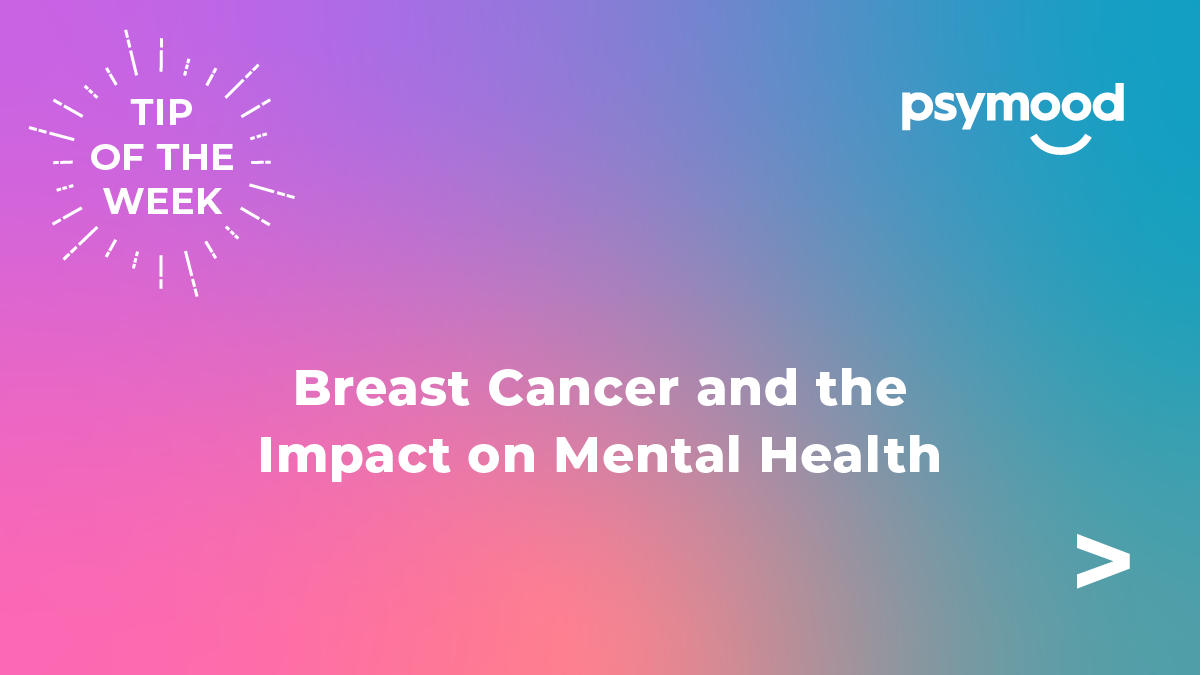October is Breast Cancer Awareness Month, and today is National Mammogram Day. All month long people around the world come together to raise awareness about the impact of breast cancer.
Breast cancer affects both men and women, however, breast cancer is more common in women, and around 0.5-1% of breast cancer cases occurred in men. According to WHO, in 2020, more than 2 million women were diagnosed with breast cancer.
Breast cancer is a major health issue, and it affects more women than you might think. Here’s what you need to know about breast cancer, from how it happens to the mental health impact it can have on survivors.
What is Breast Cancer?
Breast cancer is a common disease that can affect women at any age. It is the most common female cancer in the U.S., and it has a high survival rate if detected early.
Breast cancer is a type of cancer that is characterized by abnormal cells that mutate, grow, and invade the healthy cells in the breasts. There are many reasons why breast cancer develops. When the body produces new healthy cells but old and damaged cells do not die properly, a build-up of cells forms, which then forms a mass of tissues called a lump or tumour.
Breast cancer occurs when abnormal cells in the breast lump together and form tumours. However, there are many reasons for lumps to develop in the breast, most of the time lumps in the breasts are not cancer. In fact, as many as 90% of breast masses are not cancerous. Non-cancerous breast abnormalities include benign masses like fibroadenomas and cysts as well as infections.
Risk Factors
A woman’s chance of getting breast cancer depends on her genes and family history, as well as her age and personal risk factors such as genes and having children at an early age.
Some risk factors for developing breast cancer include;
- Smoking
- Obesity
- Eating habits
- Low levels of certain vitamins
- Aging
- Taking birth control pills
- Reproductive history
- Personal history of breast cancer or certain non-cancerous breast diseases
- Family history of breast or ovarian cancer
- Previous treatment using radiation therapy
- Genetic Factors
Lifestyle Changes to Reduce the Risk of Breast Cancer;
- Regular physical activity
- Weight control
- Avoiding harmful use of alcohol
- Avoiding exposure to tobacco smoke
- Avoiding prolonged use of hormones
- Avoiding excessive radiation exposure
Mental Health Impact of Breast Cancer
Breast cancer can take a toll on a person’s mental health. According to the American Cancer Society, almost 1 in every 4 people diagnosed with breast cancer will experience depression as well as feelings of stress, anxiety, fatigue, hopelessness, mood swings and PTSD.
In some cultures, there is a stigma that exists around personal health, especially around breast cancer. There are still many misconceptions and misinformation that exist about breast cancer and practicing healthy habits such as getting mammograms is frowned upon for various reasons. Some people believe they need to remain modest, while others avoid getting regular checks because of misinformation about radiation and mammograms.
There are different factors that impact a person’s mental health after a breast cancer diagnosis including;
- Adjusting to what it means to have cancer
- How having cancer impacts and alters your daily life
- The stage of the cancer
- Financial struggles
- Concerns for the future
- The treatments, (chemotherapy, hormone therapy)
Final Thoughts
It is normal to feel depressed and anxious, especially with a breast cancer diagnosis. It can be overwhelming however, there are ways to manage the feelings of depression. The best place to start is to talk to your cancer care team. Your doctors and specialists can work out if it is a treatment or medication that is making you feel depressed. If the depression is not caused by the treatments you are undergoing, then your care team can help you get in contact with a mental health specialist that specializes in cancer/disease therapy. They can then help you talk through your feelings, emotions and other stressors you are experiencing.
While breast cancer is the most common cancer amongst women, maintaining healthy habits, preforming self checks, and getting mammograms scans after 50 can help reduce the chances of developing breast cancer.
PsyMood is a digital tool designed to help you find the support you need in the language that you are most comfortable with. PsyMood considers cultural background, geographical location, interests, and personal needs, amongst other factors, to pair you with service providers for either online or in-person therapy sessions.
Check out our other blogs here!


.png)
.png)
.png)
Recent Comments